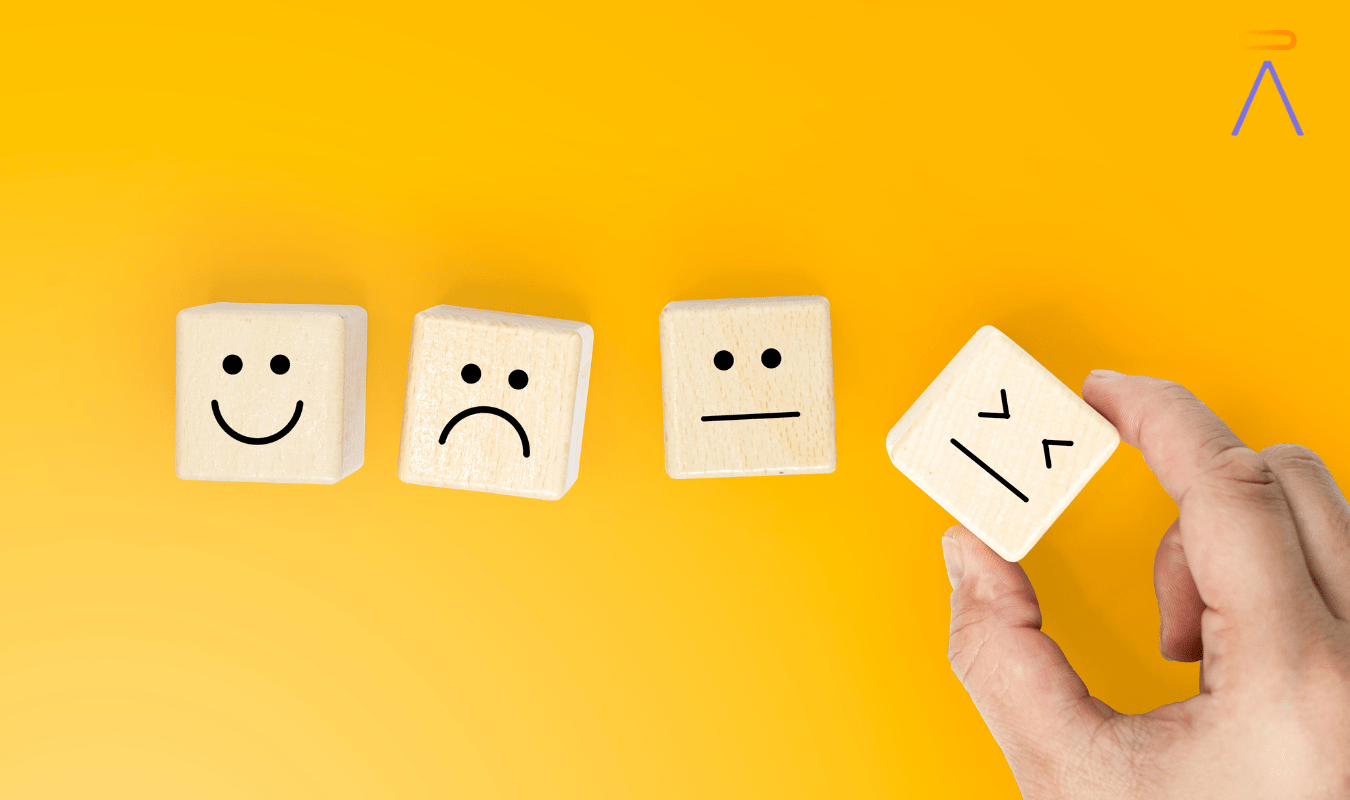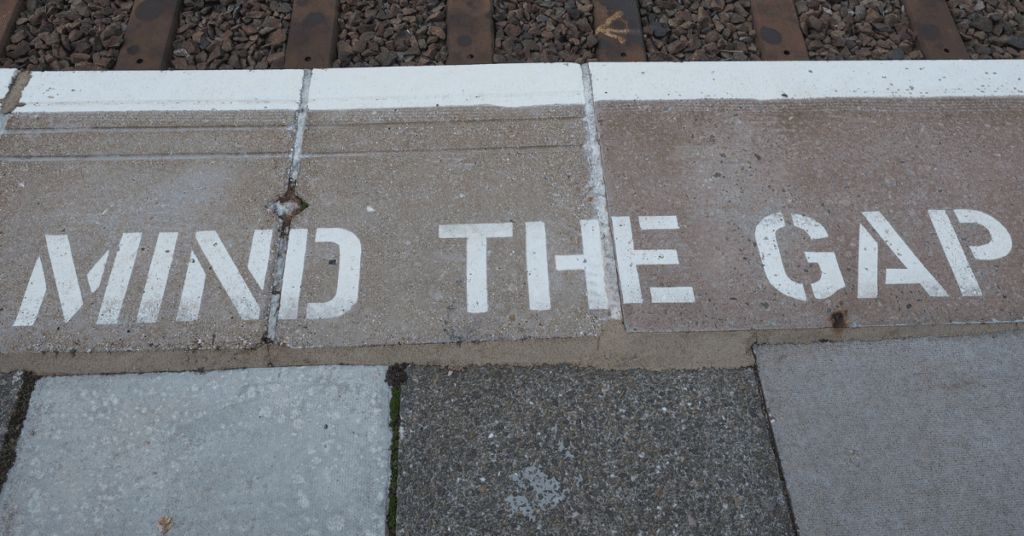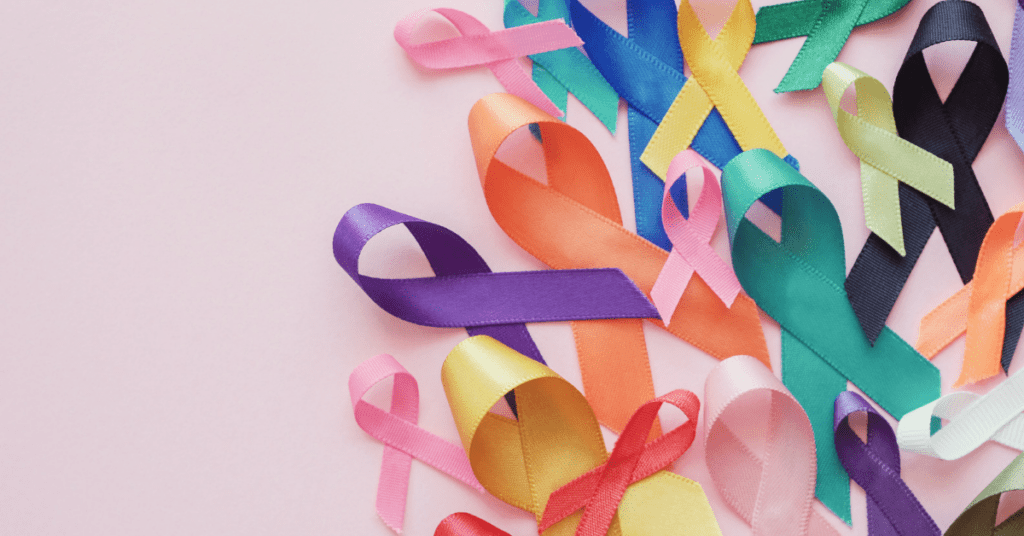The emotional stages of cancer patients are complex. These feelings can be extremely difficult to talk about, let alone process. Hearing the word cancer applied to yourself or a loved one will naturally cause some distress and a multitude of other emotions too. But if you want to make the most of your life and the people in it, it is essential to balance the rollercoaster of emotions.
How to Survive Cancer Emotionally
Although there is no convenient one-size-fits-all approach to take after a cancer diagnosis, it can help to learn more about how others have processed their feelings around it. Many different emotions will come up. Always remember this is entirely normal. When you first realise that your worst suspicions have been confirmed, and you have cancer, it would be strange if you felt nothing.
Which Feelings Can I Expect to Come up After My Diagnosis?
Each person is different, so it’s impossible to predict how exactly you’ll feel or react after your diagnosis. While you’re likely to experience fear, anger, anxiety and even guilt, it’s vital to remember that you don’t have to go through this alone!
At Aynjil, we’ve created cancer insurance that offers our patients support through all the emotional stages of cancer. Although you’ve probably realised that your family members, your doctor and even your employer all play an important role as you fight for your health during treatment, your insurer is a vital part of your team too!
What Are the Stages of Dealing With Cancer?
Although a lot has been written on the subject, there’s no one firm process or guide book. Some may experience an emotional onslaught, while others may cut themselves off emotionally. This is completely understandable. It’s a lot to take in!
Distress, Anger and Anxiety
Although reactions and experiences are varied, some people liken their lived experience to the five stages of grief. Similarly, the stages of dealing with cancer can include denial, anger, bargaining, depression and eventual acceptance. It makes sense because, in a way, you’re grieving the life you enjoyed before the diagnosis.
Mental and Physical Reactions
As much as there is an emotional toll that comes with a cancer diagnosis, there is also a genuine physical component to living with this dreaded disease. Whatever type of cancer you’re living with, be it lymphoma, breast or lung cancer or any other form of cancer, it will take a toll mentally and physically.
Expect Fatigue After Your Cancer Diagnosis
There will be days when you feel exhausted. Your cancer itself can cause body changes that cause fatigue, but the treatment is often also taxing. Though it’s meant to help your body fight off the disease, healthy cells can also be damaged in the process.
Can a Person Have Cancer and Not Know It?
Some cancers have more symptoms than others, and those are the easiest to detect. It’s hard to say how long you can live with cancer before realising it because people’s bodies respond differently to the disease. That’s why your best course of action is to go for regular screenings if you’re concerned about any health issues you may have.
Coping With Cancer Emotionally and Physically
When living with cancer you can go from scared, to irritable, to hopeful in a short space of time. Whatever stage of the cancer journey you’re dealing with, it’s vital that you get the support you need. Support can come in many different forms.
Pay attention to what your body needs. If you need to rest, prioritise that. If you need to stick to a routine, prioritise that. Understand the importance of attending your doctor’s appointments. If you enjoy learning, it could help to read up about other survivors and their experiences. It might also be a good idea to share your feelings candidly with those close to you or book an appointment with a therapist.
Dealing With Cancer in the Family
Cancer is hard on the person living with it, but it can also be hard on that person’s loved ones. If someone you love has been diagnosed with cancer, it’s important to remember that you also need to take care of your own emotions as you grapple with their diagnosis. This will be hard on you too because you care about them, so prepare yourself for what’s coming.
What Are the Emotional Effects of Cancer on the Family?
Family members can also expect to experience different emotional stages at this challenging time. They may also struggle with feelings of guilt, anxiety, anger and distress as they watch their loved one undergo treatment. Seeking professional counselling might help manage these feelings.
Should You Pay Attention to Cancer Research
Although it can help expand your knowledge about your loved one’s illness and any new developments, it might not necessarily be the best idea to discuss this with them at length. With so much energy and emotion being expended as they manage the emotional stages of cancer, they might not have the capacity to discuss anything else related to cancer when they’re at home, not even research.
Keep Offering Emotional Support
Even if your loved one isn’t interested in facts and figures, it’s perfectly fine to read up on this if you find it comforting. Find things that support you as you support them because your consistent presence and encouragement will help significantly, even if they might now show it immediately.
How Do You Help a Cancer Patient Emotionally?
There’s no perfect way to approach this. After diagnosis, all you can do is keep communicating as honestly as possible, finding out what your loved one needs. Sometimes they may need to talk, while at other times, they may need space. Understand that being there for them on their better days and their extremely tough days is invaluable.
The Role of Support When it Comes to Treatment
Living with cancer can be lonely. Hours spent in treatment can be disheartening. At this time, it’s vital that loved ones take the time to check in regularly during the treatment process. Encouraging patients to join a support group could also help them realise that others have survived this challenging disease and the feelings that go along with it.
Cancer Is Tough on Everyone
As a patient, you know your family and close friends will live through this experience with you. You might be thinking about how your diagnosis and treatment will affect them too. Although this will be a challenging time for you all, you can strengthen your bond by keeping communication lines open.
The Long Term Psychological Effects
At first it’s important not to let your brain run away too much by ruminating on the effects of cancer. However, if you realise that you may be dealing with cancer for a year or more into the future it’s important that you don’t suppress your emotions but do the hard work of processing them.
Emotional Response of Cancer Survivors
It’s only by processing these difficult feelings that you’ll eventually come through. You don’t want to get stuck on one of the emotional stages of your cancer journey, battling with residual feelings long after you’re done with treatment.
What If There’s No Cure?
In some cases, patients are met with the news that their cancer is incurable. A diagnosis like this will undoubtedly bring up complex and painful emotions. However, to make the most of any time left, it’s essential to address these feelings and not withdraw from your support network.
The Financial Toll
Cancer treatment is expensive. There’s no way around this. Most people are willing to make any adjustments they can to be able to pay for treatment. That’s why good cancer insurance is essential. This added peace of mind, together with your medical aid cover to pay for medical expenses, will help you focus on what’s most important – the treatment process. Avoid applying for grants, taking out a second bond or a large loan to pay for medication, by securing reliable cancer insurance as soon as possible, helping you with the financial and emotional impacts of cancer.
Making Sure You Have Access to the Right Health Care Now
Whether you’re starting treatment, have been going through the process, or even if you’re in remission, it’s always important to have the best cancer insurance cover. If you don’t already have coverage specifically for cancer, it’s time to take that important step for yourself and your family.



